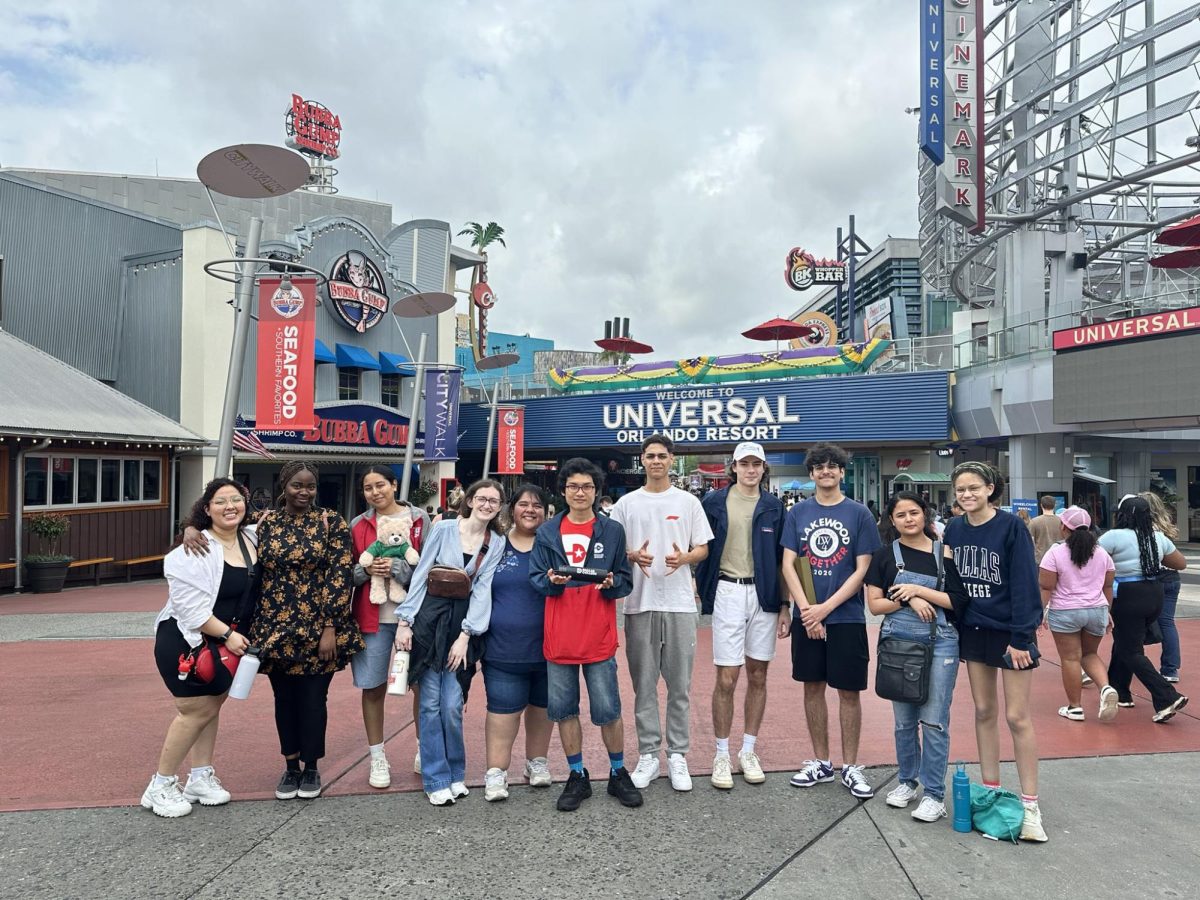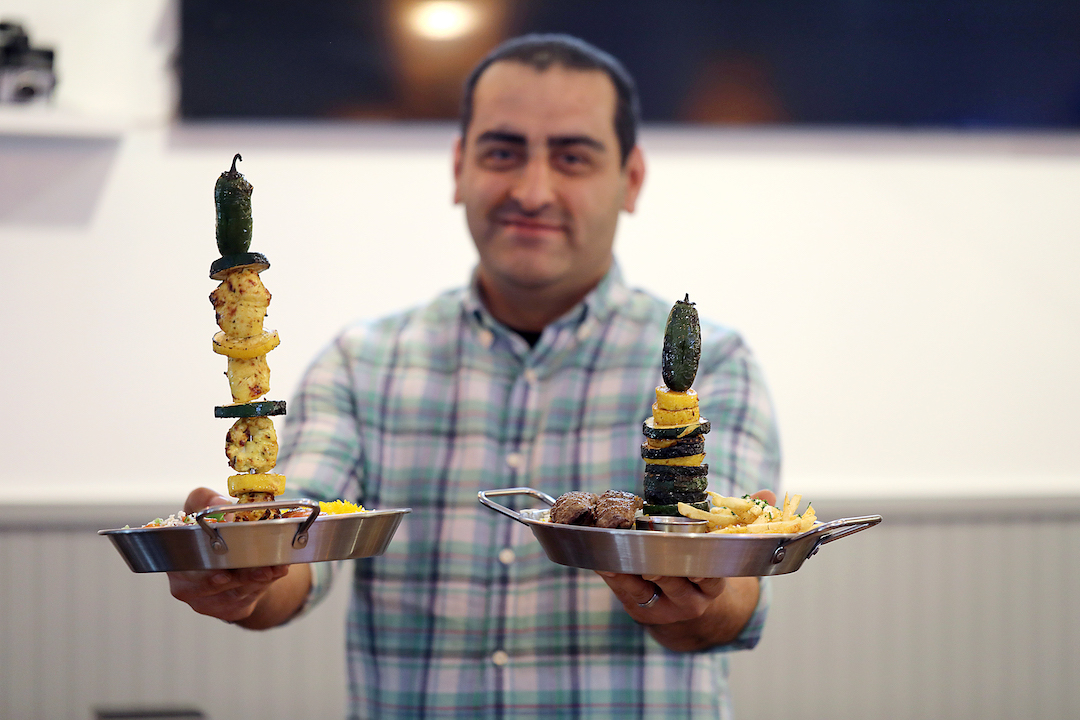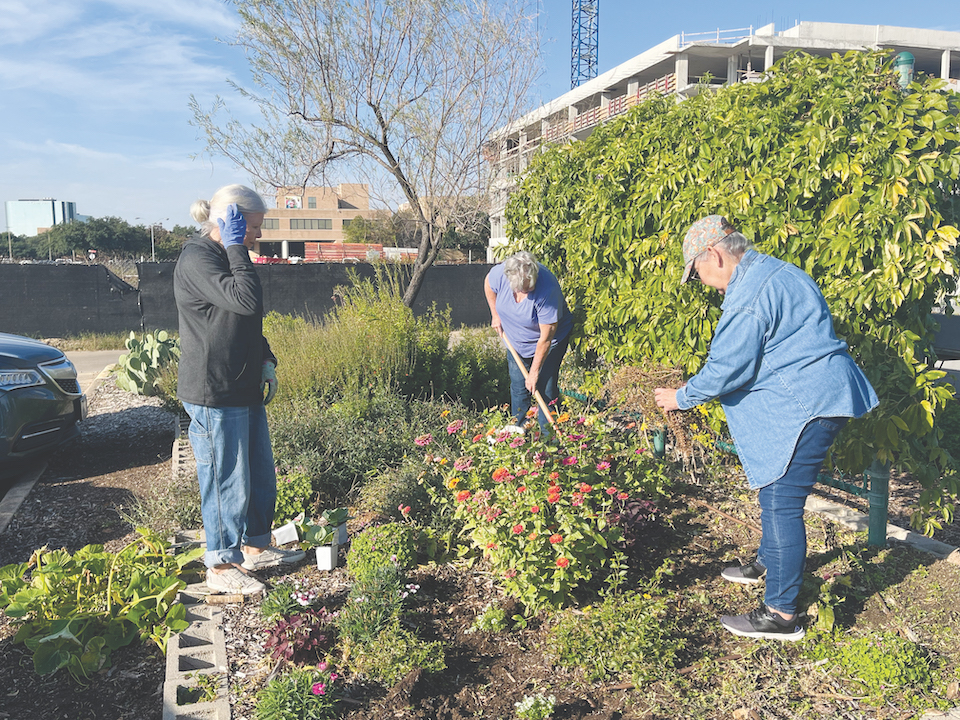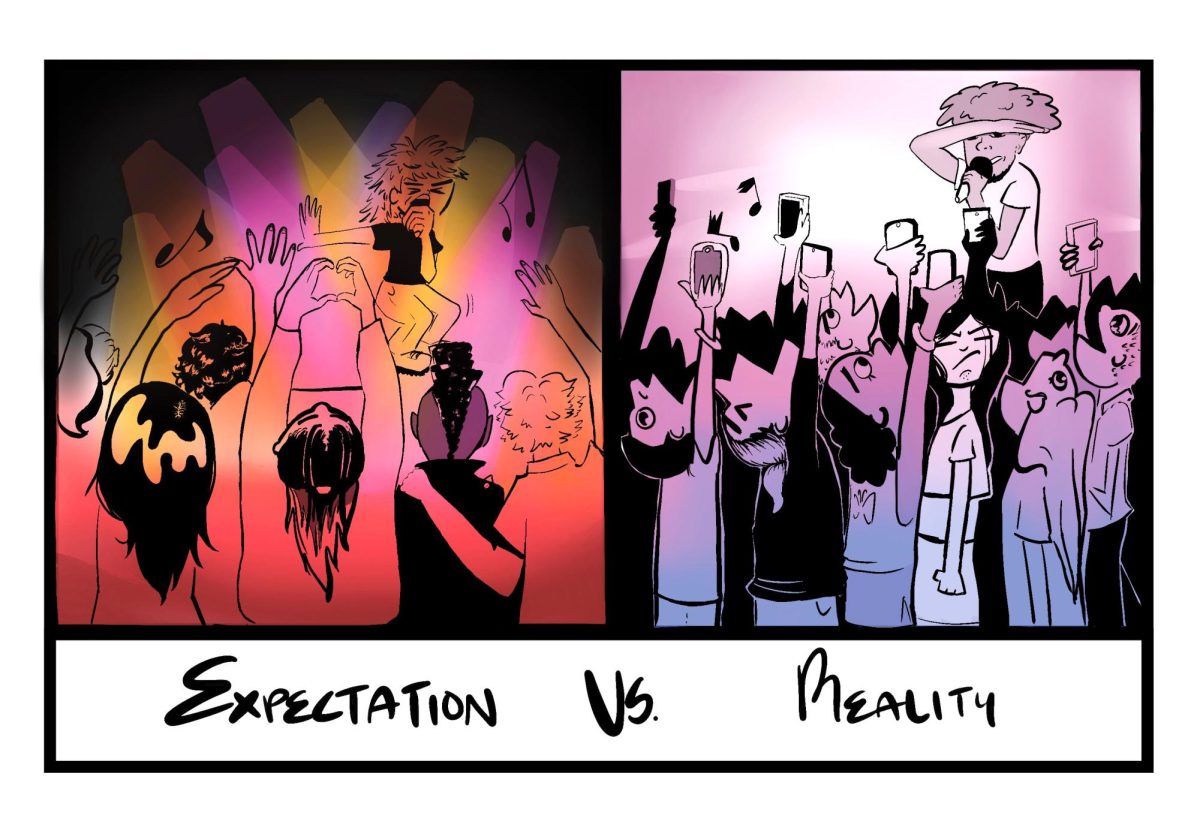By Kurt Hyde
Sports Editor
If all you saw of the Republican National Convention in Tampa, Fla., was the national news coverage, all you saw was what happened on center stage. But if you were there, however, and talked with the delegates, there was plenty more happening.
I’ve been following politics for many years, but I had no idea so much newsworthy activity was ignored, eliminated or otherwise unreported. It is a sad commentary on American mainstream news. Many of the people who blame Americans for being uniformed and misinformed may consider blaming the news media instead. Fortunately, alternative news sources did a much better job in the convention’s coverage.
Two grossly under-reported battles were Mitt Romney vs. Ron Paul and the clash to centralize power into the hands of the candidates from grass roots state organizations. Unlike this year’s Democratic National Convention, where the floor fights occurred on the convention floor, the floor fights in the RNC took place behind behind-the-scenes.
In the Romney vs. Paul battle, the Romney people did not want anyone but their guy nominated from the floor. Congressman Paul won a majority of delegates in enough states to have his name placed in nomination as well. The Rules Committee then changed the rules, increasing the number of states required.
The Credentials Committee, acting on requests from the Romney people, revoked the credentials of a large number of Paul delegates in states where Paul had won majorities. One such state was Maine, where 10 of its delegates were amongst the first to be unseated in this manner.
Brent Tweed, chairman of the Maine delegation, also noted that seven of the 10 unseated delegates were military veterans. The treatment of the Maine delegation so incensed people from Maine and other states that Governor Paul LePage, himself a Republican, canceled his plans to appear at the convention and boycotted it.
Another under-reported newsworthy event was the controversial passage of the rules change, which upset the balance of power over delegate selection by giving too much power to the candidates and thus reducing the power of the state conventions.
The motion supposedly passed by a voice vote. The chair ruled: “In the opinion of the chair, the ayes have it.” At that point, there was an eruption on the floor. The vote was definitely close enough to justify a roll-call vote, and there were numerous shouts from delegates demanding the same — their right as delegates. Someone on the floor, a delegate from Oregon, according to some of my sources, used his cell phone to record the vote and uploaded to the Internet. The video clearly shows the teleprompter with the wording announcing, “The ayes have it,” while the “no” votes were still being voiced.
The controversy didn’t stop there. Prior to the sham voice vote on the floor, there was a critical vote on the rules change by the Rules Committee. Morton Blackwell, a delegate from Virginia, was the lead opponent of this rules change. He and another opponent of the change were unable to attend the critical Rules Committee meeting where this took place because their bus didn’t arrive on time.
I interviewed two Rhode Island delegates also on that bus who said that because there weren’t enough hotel rooms in the vicinity of the convention center, the delegates and alternates had to meet at assigned locations, usually hotel lobbies, to board buses to the convention center. For some unexplained reason, this time the bus was about an hour late for pickup. After making the approximately 50 minute trip to the convention center without undue delay, the driver couldn’t find a spot to drop off the delegates. After circling the convention center at least twice and heading off in the wrong direction, the passengers asked the bus driver to stop — opting instead to walk to the convention center. Had this been an isolated incident, it could be explained as coincidence, but it wasn’t an isolated incident.
It was a great adventure being a reporter covering the RNC in Tampa. Rather than trying to get into the convention center, I established contacts with delegates and alternates from Texas and Rhode Island. We kept in touch via emails, phone calls and texts. I’m grateful to them for helping me arrange interviews with people who were involved in these newsworthy events and for the alternative news sources that did a much better job of reporting these events than the mainstream media.











